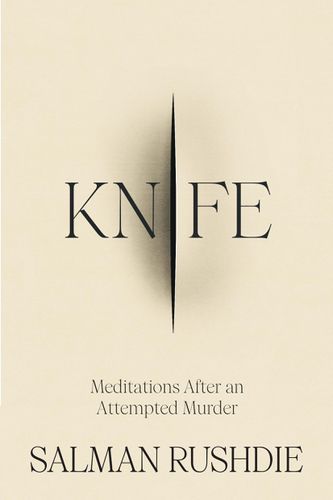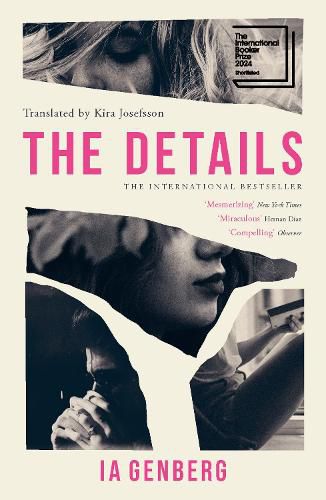This week for our 'What we're reading' column, Readings' Community Engagement and Programming Manager Chris Gordon shares what she's been reading.
My readings habits have changed over the last few weeks, and I have tried to understand why I have picked certain titles to read. And I think it’s something to do with the state of the world right now. Something to do with the hurt everywhere and the feeling of helplessness that can often be overwhelming when I read the morning news of people’s lives changed by decisions made by others in an unfair and reactive way. I feel often simply sorry and sad.
I picked up Mark Baker’s new book, A Season of Death and read it almost in one sitting. I read Salman Rushdie’s Knife in one night.
Both men’s careers have been about asking questions, spinning magical realism, facts and philosophies – our shared history – into one enormous comment on humanity. But these two books were not about that. They were about the writers themselves and who they are when life changes things up.
Baker’s book is terribly sad, of course. He died and this is his final story; but still, he looks far afield for answers to understand the changes his illness is making. He reflects on his family, his friends and his readings to make sense of it all.
Rushdie’s discourse on the knife attack that nearly killed him also asks those questions. He pulls texts and quotes from famous ideologies, novels, friends to try to comprehend the attack and his survival.
But why was I reading about more pain when I am already drowning in sorrow?
I read Ia Genberg’s The Details to bring a balance back into my life; to steer away from the questions of faith. Here the protagonist is not well but, in her fever, she remembers four friends and the gifts that they gave her; a memory of those that for a time were with her and now are not.
They're small things – a book left in a wet bag. Genberg does not explore the concept of universal truths, but rather, buckles down to little items, nighttime conversations, clothes worn, and food consumed. She calls on great authors and thinkers to help her find meaning in it all, but approaches it from her domestic life. There is no ‘on the edge’ moment. There is no slashing life and death dissertation.
I tell you what I learnt, reflecting, basking if you like, in these thoughts and considerations. All the authors – famous, infamous whatever – came to the same conclusion; there is love and there is hope. Unless we hold those two fantastical elements up high, there are no questions.
That is why I have read these books. To remind myself that sorrow is self-defeating. Hope on the other hand, that is an action that is kind and helpful. And love, as we all know, that is here to stay. And reading is an exceptionally good tonic for a battered heart.




